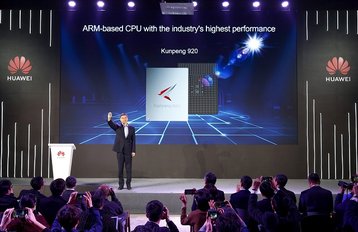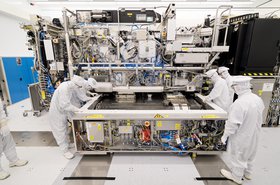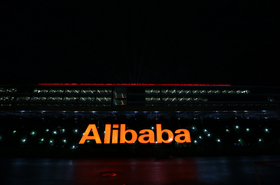The CEO of Arm China welcomed the collapse of Nvidia's attempted Arm acquisition, saying that it was both good for the company and for Chinese industry.
Allen Wu welcomed the company's new plan to go public and said that remaining an independent business would be preferable due to Arm's need to partner with suppliers across the tech spectrum.
Wu is himself a fan of independence, having been fired by Arm in 2020, and then simply refusing to go.
At the time, the British-based, Japanese-owned Arm said that the CEO of its Chinese joint venture was to blame for "serious irregularities, including failing to disclose conflicts of interest and violations of the employee handbook."
The executive operated his own investment fund, Alphatecture, raising $100m from companies that had relationships with Arm China, and investing in companies that would benefit from cheaper licenses from Arm.
Wu hit back, saying that Arm knew about the fund and that it was all above board. He then fired his replacement CEO, Phil Tang, "due to serious irregularities." The Arm board reinstated Tang and two others fired by Wu. The three executives are now being sued by Arm China.
Arm China is 49 percent owned by Arm, with the rest owned by investors including China’s sovereign wealth fund, and Singaporean state investment firm Temasek Holdings Pte.
While the board voted to remove Wu, the CEO holds the physical papers that give him control over the business. The case is being fought in court, with Wu using company funds to support his fight.
In the meantime, the division has gone rogue, and is pursuing its own R&D agenda, and exploring technologies outside of the core Arm universe.
Arm had pledged to resolve the China issue before its planned $40bn Nvidia acquisition, and now hopes to clear it up before a public listing - but the court case could take years.
Speaking to Xiamen-based JW Insights, in remarks first reported by The Register, Wu said that "Arm represents not only itself but also the whole industry chain. Therefore, as an independent listed company, the listing may not matter, what matters is how [the company] plays a neutral role."
He added: "How could we support and better develop Arm as an independent architecture or independent ecosystem? This could be a better path for Arm, which is more suitable for the Chinese industry."
Independence may also be on the mind of the Chinese state, which has been impacted by US sanctions against companies like Huawei, stopping them from getting the latest semiconductors.
While Arm is mostly based in Britain, it relies on US technologies, meaning that it has partially been caught up in sanctions.
Back in 2018, Arm-owner SoftBank said that China was responsible for a fifth of the chip designer’s overall sales.




